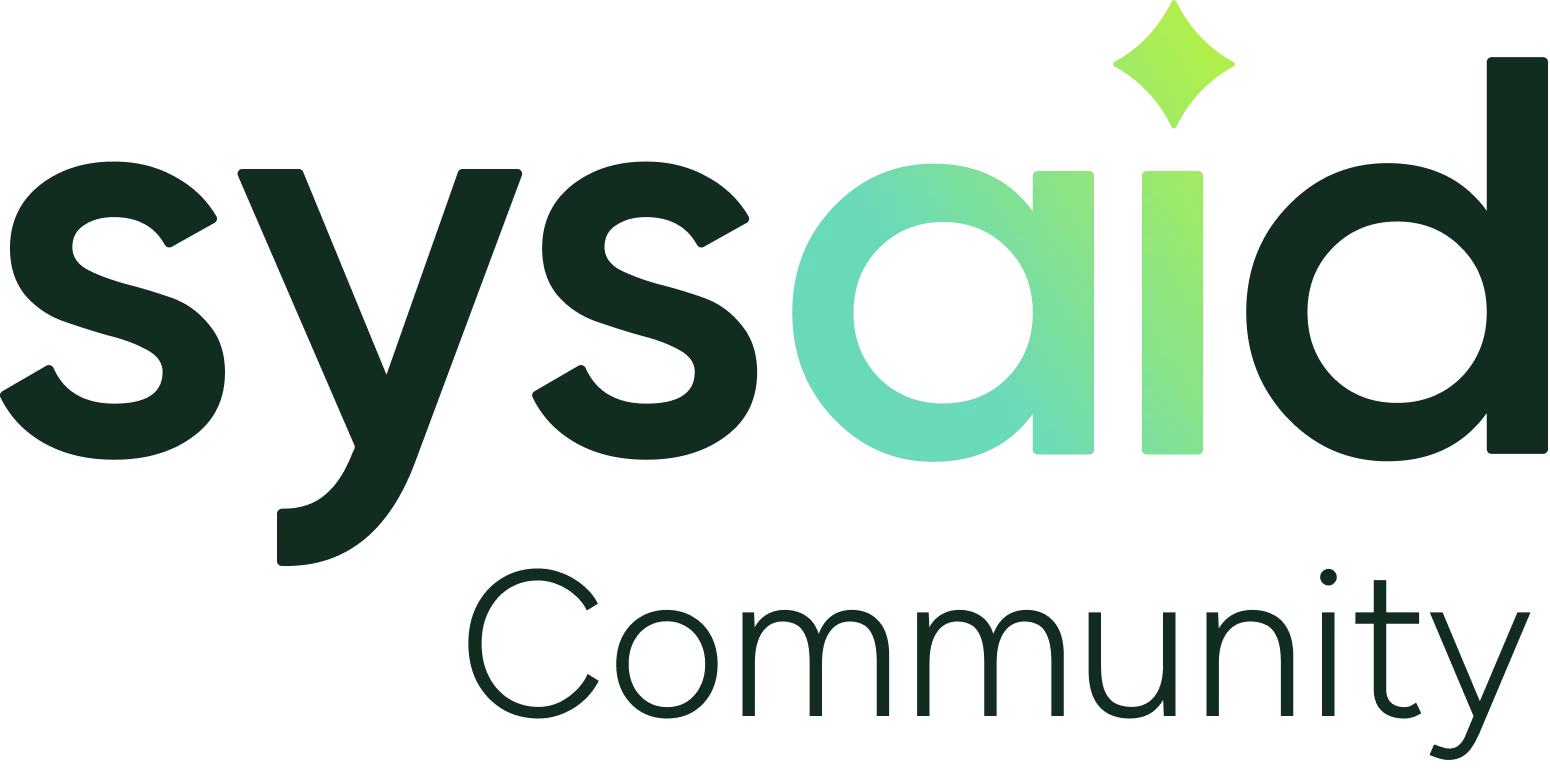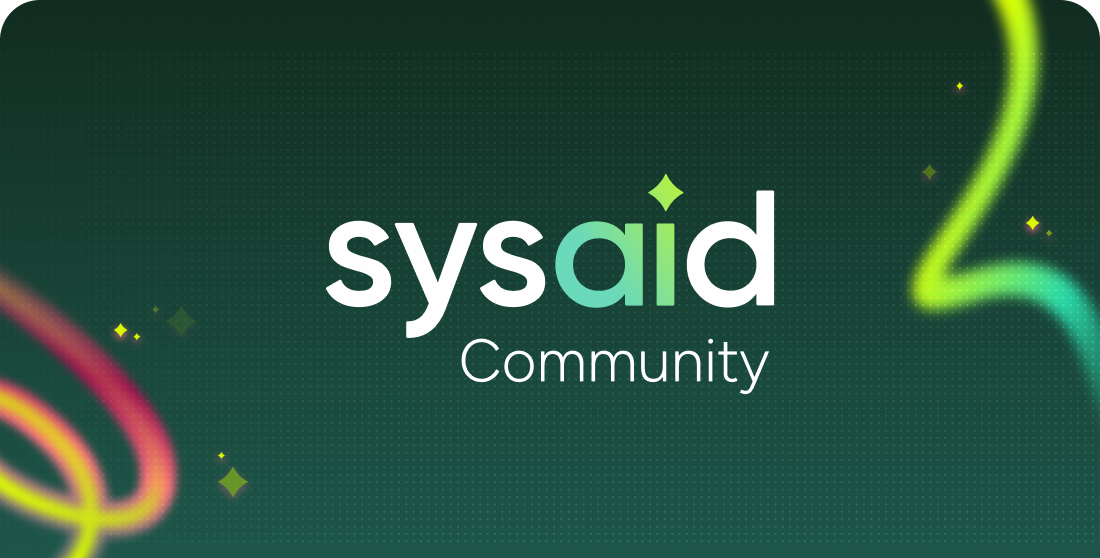Important Update regarding Apache Log4j
As you are most likely aware, a critical vulnerability in Apache Log4j, a logging library that’s used in millions of Java-based applications, came to light over the weekend.
SysAid is addressing this vulnerability on two fronts – with an immediate workaround as well as the release of both Cloud and On-premises versions that include a fix. We strongly encourage you to implement the workaround as soon as possible.
Based upon our initial analysis, we do not expect customers to experience any impact as a result of the workaround. If you have any issues, please contact us ASAP.
Guidelines for Cloud and On-prem customers
For any questions or issues please contact us by
Email: helpdesk@sysaid.com
or reach out to our customer care live chat
Kind regards,
Maayan & the SysAid Team
Enter your E-mail address. We'll send you an e-mail with instructions to reset your password.





